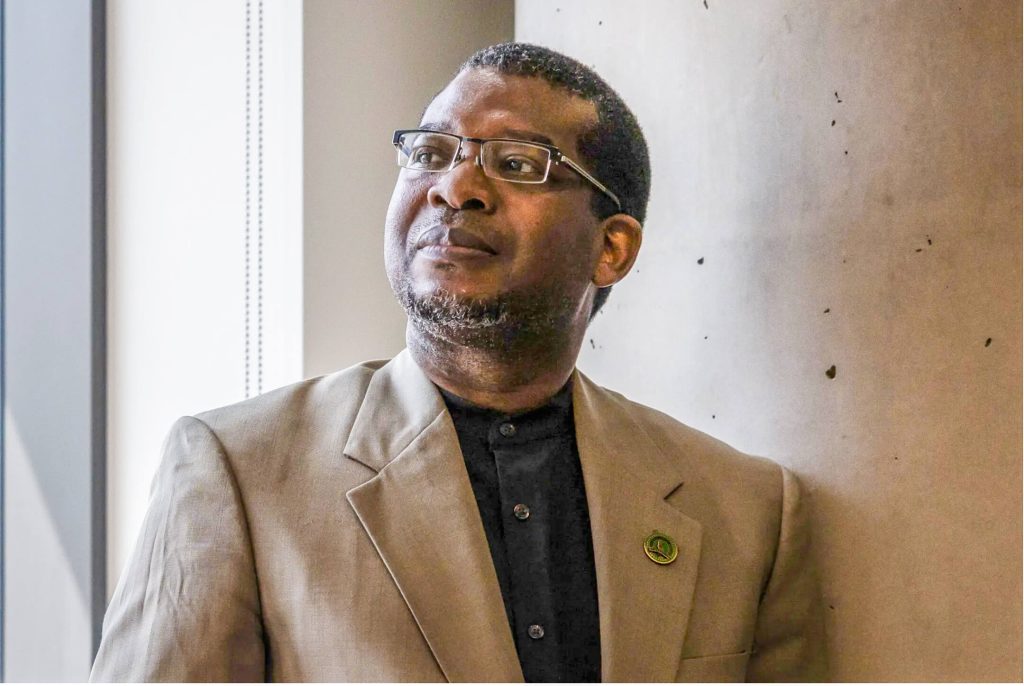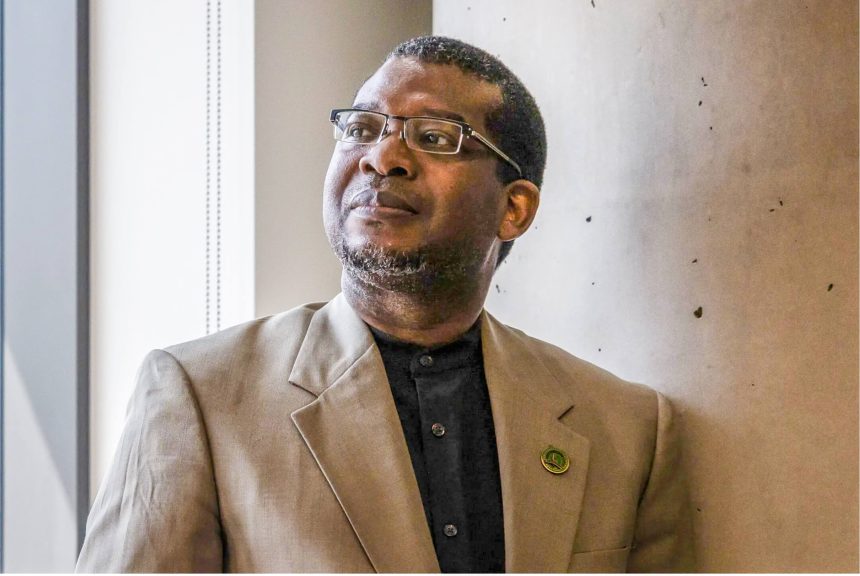First Term Lawmakers
First-termers made the state Legislature the most diverse ever and racked up some policy wins for their constituents. But they also ran into a bill and budget process that wasn’t always transparent.
BY SAMEEA KAMAL, CalMatters
Assemblymember Corey Jackson had an ambitious year.
Of the record class of first-term lawmakers — one-fourth of the California Legislature — he was among the top three in bill introductions. But beyond the number of bills, the Perris and Moreno Valley Democrat stands out for the reach of his legislation.
One of his major victories: Assembly Bill 1078, which prohibits school boards from banning books based on their inclusion of certain groups or individuals, such as LGBTQ+ Americans. The law, which had the support of Gov. Gavin Newsom and state schools Supt. Tony Thurmond, took effect in September, as the Legislature’s primary response to conservative local school boards.
“That is definitely not something that most freshmen get to do, to be able to directly work with the governor and his team and the leaders of both houses in such a close way,” Jackson said.
But the rest of his anti-racism package, one of the issues he campaigned on, fell short. A bill to require state agencies and counties to conduct antiracism audits didn’t pass the Legislature, while one creating a hate crimes intervention unit was vetoed by the governor due to budget concerns.
For Jackson, the most surprising thing about his first year was how easy it was for the Legislature to punt important issues down the road — and for lawmakers in Sacramento to disconnect from those in need.
“Sometimes Sacramento is a bubble, and we think of things sometimes in terms of political maneuvers,” he said. “Who have I gotten a check from that I don’t want to upset? Who are my political backers? As opposed to, who in my district will this help, or hurt? …. And if you’re not conscious of it, it’s easy to fall into.”
Jackson wasn’t alone in his perceptions as a first-year lawmaker confronting the realities of getting things done in the Capitol.
CalMatters spoke to more than a dozen first-termers about their reflections from the past session — a year after the “Great Resignation” and an election that produced record diversity in the number of women, LGBTQ and Latino lawmakers.
Now, as the freshmen become sophomores and seek to represent their constituents, they’ll be navigating new leadership in both the Assembly and Senate, an election year in the backdrop and — likely the most defining aspect — a bigger budget deficit.
Here’s what they said were the most surprising things about becoming a state legislator, and what lessons they’ll take into year two.
Challenges: Time and Transparency
The biggest adjustment to being a new lawmaker, by nearly unanimous agreement, was time management, especially when getting started: hiring staff, learning the legislative deadlines and, most importantly, getting to know their fellow legislators and even their districts.
“You’ve got to know what motivates people,” said Assemblymember Diane Papan, a Democrat from San Mateo. “You need their votes, and they need your votes, and in order to tackle complex policy, you have to kind of know what the thought processes are of your colleagues and how that shapes policy.”
One of the biggest lessons learned among the first-year lawmakers interviewed was the need to engage the governor’s office on bills as early as possible.
“There isn’t a constant feedback loop on whether a law might be problematic with a particular department or program,” Assemblymember David Alvarez of Chula Vista said. “Oftentimes, you’re just trying to do your best to make sure that your legislation is meeting expectations of all the different impacted entities.”
In a way, those expectations are a little more clear next year. In light of the looming $68 billion budget deficit that could force spending cuts or dipping into reserves, lawmakers have been told to not to expect passage of any bill with a significant price tag.
“This is a failure of our leadership in California,” said Sen. Marie Alvarado-Gil, a Democrat elected to a majority-Republican district in Modesto. “We’re also talking about billions of dollars that are going towards programs and services that on the surface should be successful.”
She cited spending on homelessness and its outcomes, as well as infrastructure management as two of the major issues she’s concerned about in the coming year.
Some state senators and Assemblymembers who previously served in local government say they feel equipped to deal with the deficit, having weathered financial pitfalls in their past roles.
And others say the deficit shouldn’t kill ambition.
Jackson of Perris, for example, will be working on a statewide definition of equity as part of his continued anti-racism work.
“It may not be an opportunity of expansion, but it is an opportunity of reform, and to make things more efficient,” said Jackson. “I don’t think of budget times as, ‘Oh, well, I have to tamper down my ambitions in terms of what issues that I want to see…’ Not all of them require more money. It may require shifts of money, or shifts of systems in order for the money that we do have to be more efficiently used.”
For the full story, visit www.zapinin.com/california-news/first-term-lawmakers

For More California News Visit www.zapinin.com/california-news.


